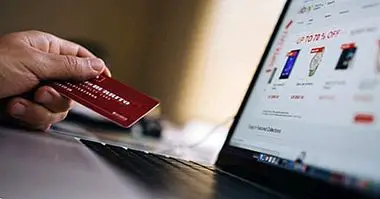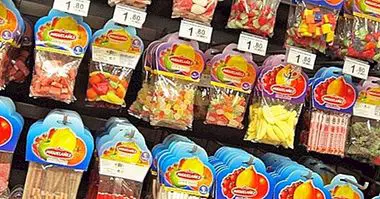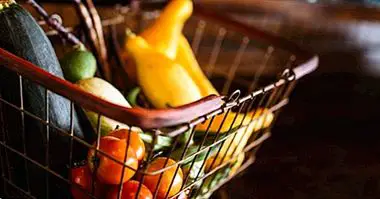Go shopping with hunger, a bad idea
Hunger and shopping, a bad combination
We should be grateful to the popular wisdom for giving us valuable pieces of information that have allowed us to reach adulthood avoiding unnecessary falls by embankments, disease infections or, who knows, even some occasional horse kicks.
And, long before there were publications in scientific journals, the collective body to which we belong and which we call "people" already had a lot of advice in the mouth, sayings and customs that guide us in our life path towards an old age prosperous However, it should be remembered that, precisely because it does not depend on science, popular culture does not have to be fine-tuned in its explanations about reality.
There is a repeated advice many times in which this becomes evident: the recommendation not to go to the supermarket on an empty stomach. Today we know that the well-meaning mentors who repeated this norm were naïve. Going to buy hungry is a bad idea, yes. But not only when we go to look for food to the market , but also when we walk through the galleries of any other type of commercial establishment.
Hunger and the desire to buy
A study published recently in PNAS has concluded that appetite can activate concepts and behaviors related to the "acquisition" in the abstract That makes who who feels more and more the purrs of the stomach are more likely to buy anything, letting themselves be driven by an impulse. Hunger and rational buying do not seem to get along too well, whatever the context.
How was this conclusion reached? Well, for example, experimenting with an object that is hardly useful in our day to day and rather little related to gastronomy: the pinch pin, also known as binder clip. It is a small device that could well be the big brother of the conventional clip and that serves to hold many papers subject. In this way, a research team set out to measure the number of binder clips that a series of volunteers took when they were told they could take home as many as they wanted.
The volunteers, of course, were part of two different experimental groups: the hungry and the sated people. Hungry subjects tended to catch a significantly larger number of clips, but, despite showing this spontaneous fondness for office objects, they did not value their loot in a more positive way than the group of people satiated. It seems that hunger sends a univocal message without subtleties to the brain. It does not say "this is very attractive" or "how nice is this", and I do not even "want food". The message is more, well: "I want" .
Now, you have to remember that this experiment was done with objects that were free. What happens when the money comes into play? You might think that when buying something has a cost we let the reason take the reins of the matter, right? To find out this point, data was collected in a commercial area. Scanning the purchase receipts of customers who had gone through the box and asking them a series of questions showed how the most hungry people tended to buy more , even taking into account their mood and the time they had spent looking at products.
Do not fall for the trap
What lessons can we draw from the relationship between paper clips and stomach issues? Perhaps, the following: given that in the outside world we are daily bombarded by advertising in all kinds of formats, it is convenient do not make it so easy to the big sellers. Do not put in our body, in addition to all the things we already have, the desire to buy anything.



















